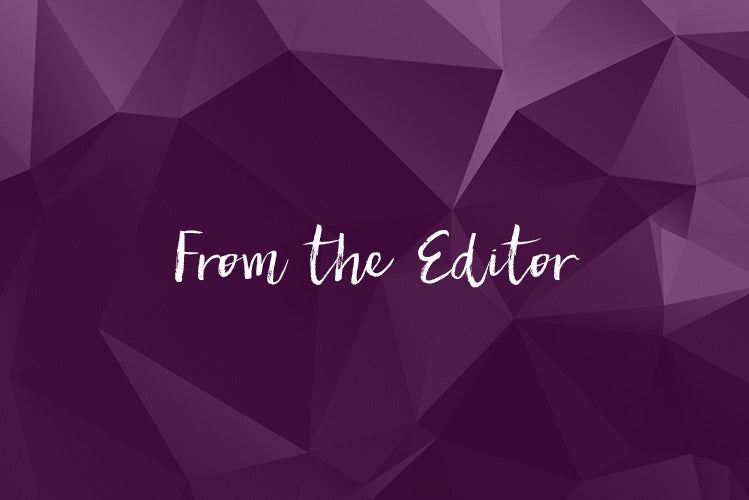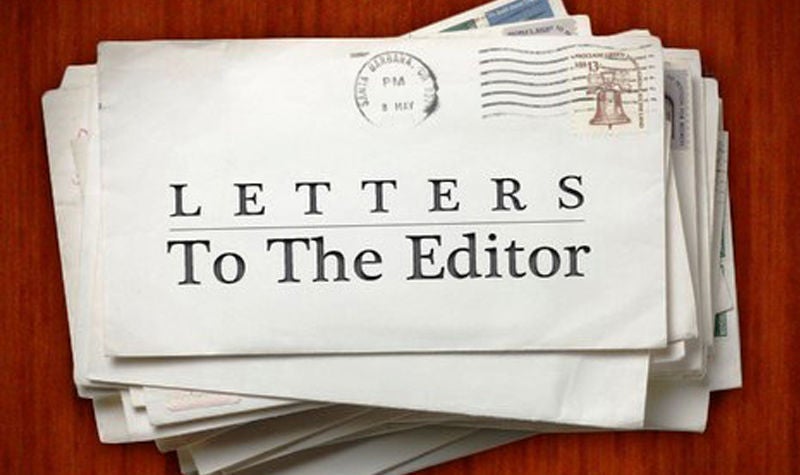From the editor: First Amendment Rights prevail
Published 12:00 am Wednesday, June 12, 2019

- From the Editor
Passed by Congress on September 25, 1789. Ratified December 15, 1791. The first 10 amendments form the Bill of Rights.
Amendment 1:
Congress shall make no law respecting an establishment of religion, or prohibiting the free exercise thereof; or abridging the freedom of speech, or of the press; or the right of the people peaceably to assemble, and to petition the Government for a redress of grievances.
Generally speaking, it means that the government may not jail, fine, or impose civil liability on people or organizations based on what they say or write, except in exceptional circumstances, according to an article written by Geoffrey R. Stone and Eugene Volokh.
But as we have learned, or in some cases, relearned, while we do have the freedom of speech, it does not mean we are free from the consequences of what we say.
Especially when it is posted on social media where everyone suddenly becomes judge and jury.
People left England to have the opportunity to practice their religion without the king telling them which religion they must follow.
It is the beginning of the land which we now call home.
Over the weekend, a less than congenial conversation was held on social media between three elected officials. It began discussions such as racist versus Islamophobia.
A racist is a person who shows or feels discrimination or prejudice against people of other races, or who believes that a particular race is superior to another.
Islamophobia is the fear, hatred of, or prejudice against the Islamic religion or Muslims generally especially when seen as a geopolitical force or the source of terrorism.
Note one is against a person based on their race and another on the basis of their religion.
Yet, the term racist was quickly used in place of Islamophobia.
Fortunately, we as Americans do have the right to free speech.
However, while Congress shall make no law respecting an establishment of religion, or prohibiting the free exercise thereof; or abridging the freedom of speech, or of the press; does it also mean those in elected positions cannot and should not be held in a higher standard?
If we will not accept our friends for racist or Islamophobia comments, why should we blindly accept the comments from elected officials?
Not only should we find this unacceptable, we should also encourage the use of the correct word for the issue.
Racism needs to end. Islamophobia needs to end.
In a clause to the First Amendment, the government can restrict speech under a less demanding standard when the speaker is in a special relationship to the government. For example, the speech of government employees and of students in public schools can be restricted, even based on content, when their speech is incompatible with their status as public officials or students. A teacher in a public school, for example, can be punished for encouraging students to experiment with illegal drugs, and a government employee who has access to classified information generally can be prohibited from disclosing that information. Pickering v. Board of Education (1968).
While the clause would allow an elected official to express hatred towards a group based solely on religion or race, it does not mean it is acceptable behavior.
This is 2019, and we should demand more of our representatives.
Dawn Burleigh is the editor of The Orange Leader. She can be reached at dawn.burleigh@orangeleader.com






